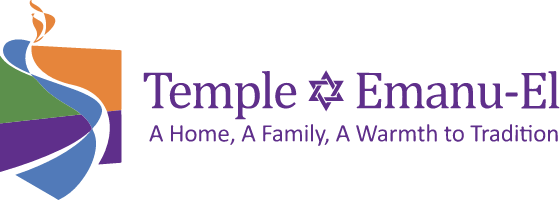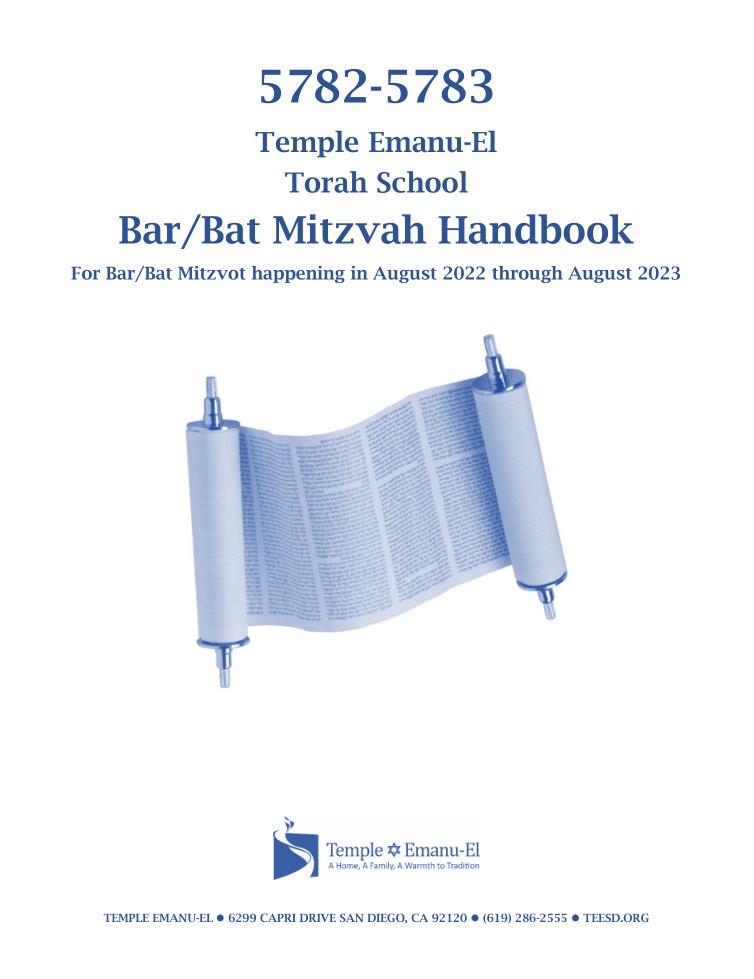Bar / Bat Mitzvah
A bar mitzvah (boys) or bat mitzvah (girls) is a coming-of-age ritual in Judaism. According to Jewish law, before children reach a certain age, the parents are responsible for their child’s actions. Once Jewish children reach that age, they begin to be held accountable for their own actions.
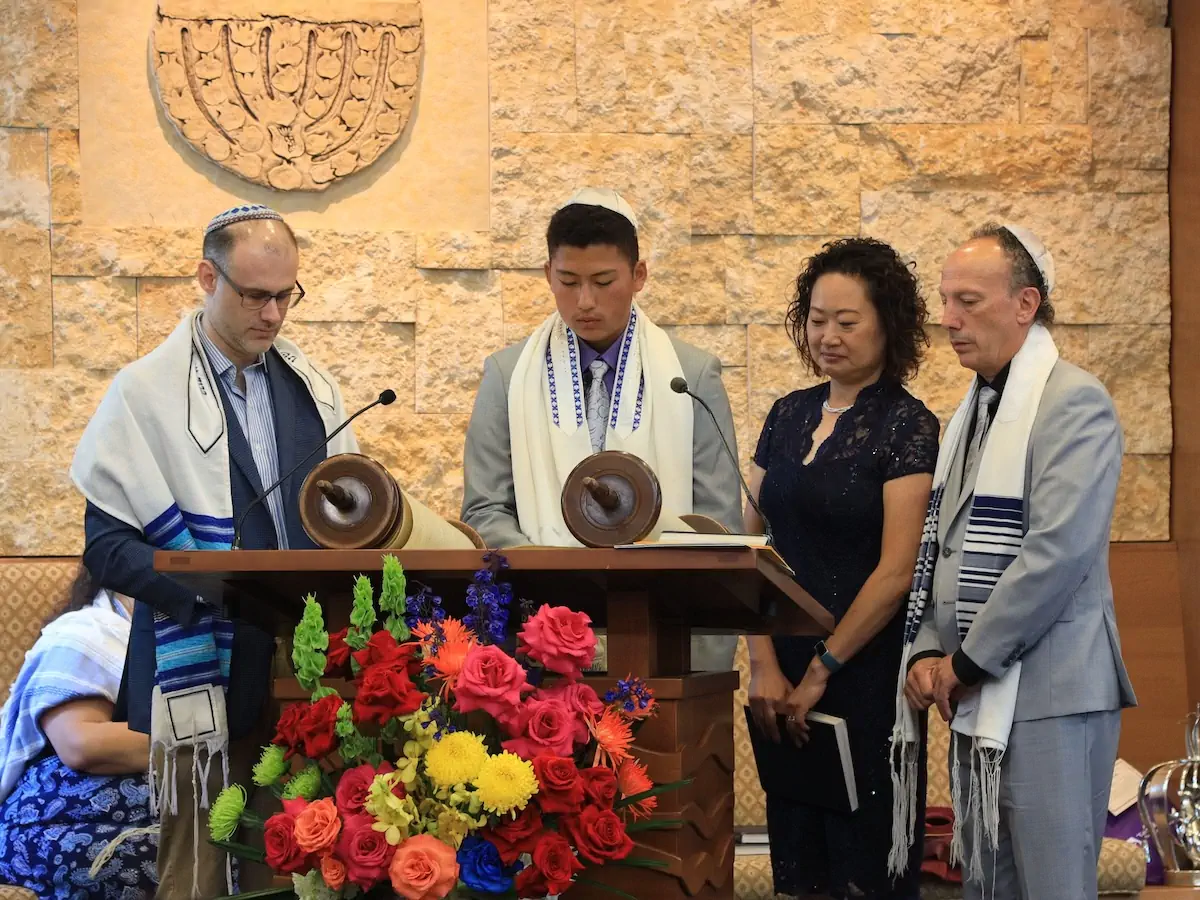
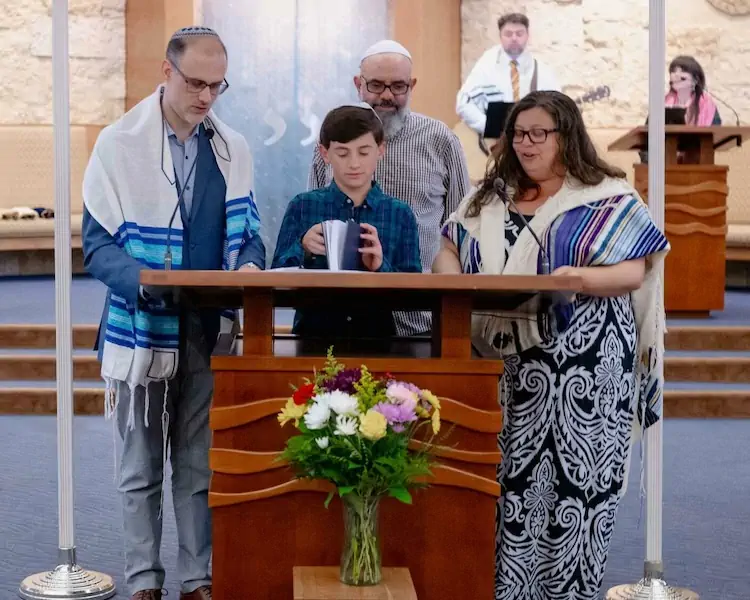
Mitzvah
Mitzvah is a Hebrew word that means “commandment” or “religious duty”. It refers to the divine commandments given to the Jewish people by God, which are meant to be performed as a religious obligation.
The emphasis is on conscious acts of empathy and kindness, and performing mitzvot is considered a way to connect with God and to make the world a better place.
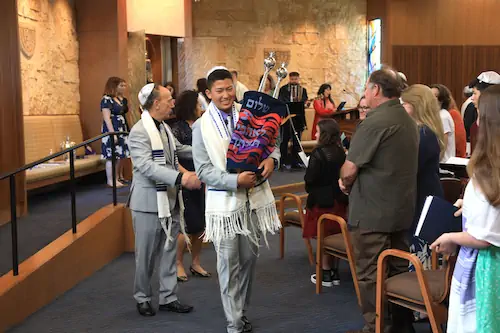
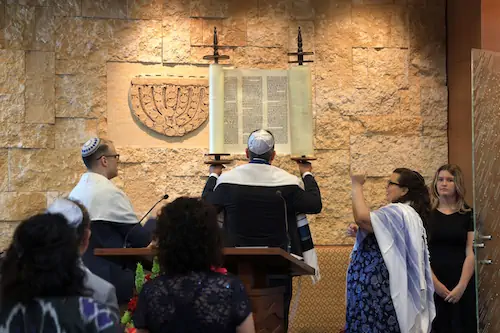
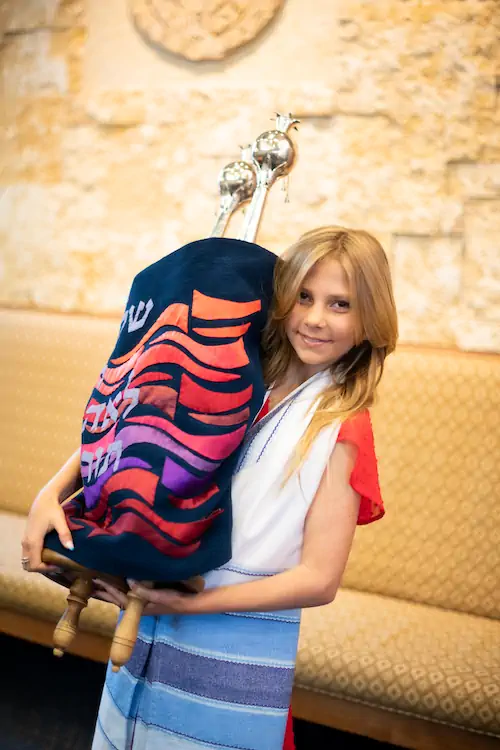
Bar / Bat Mitzvah Handbook
We hope that this booklet will answer all the questions you may have about the preparation process.
If you have any questions or need further information, please email us at temple@teesd.org.
WHAT'S HAPPENING
Bulletin
Read the official newsletter for Temple Emanu-El, Ha-Sofer (The Scribe).
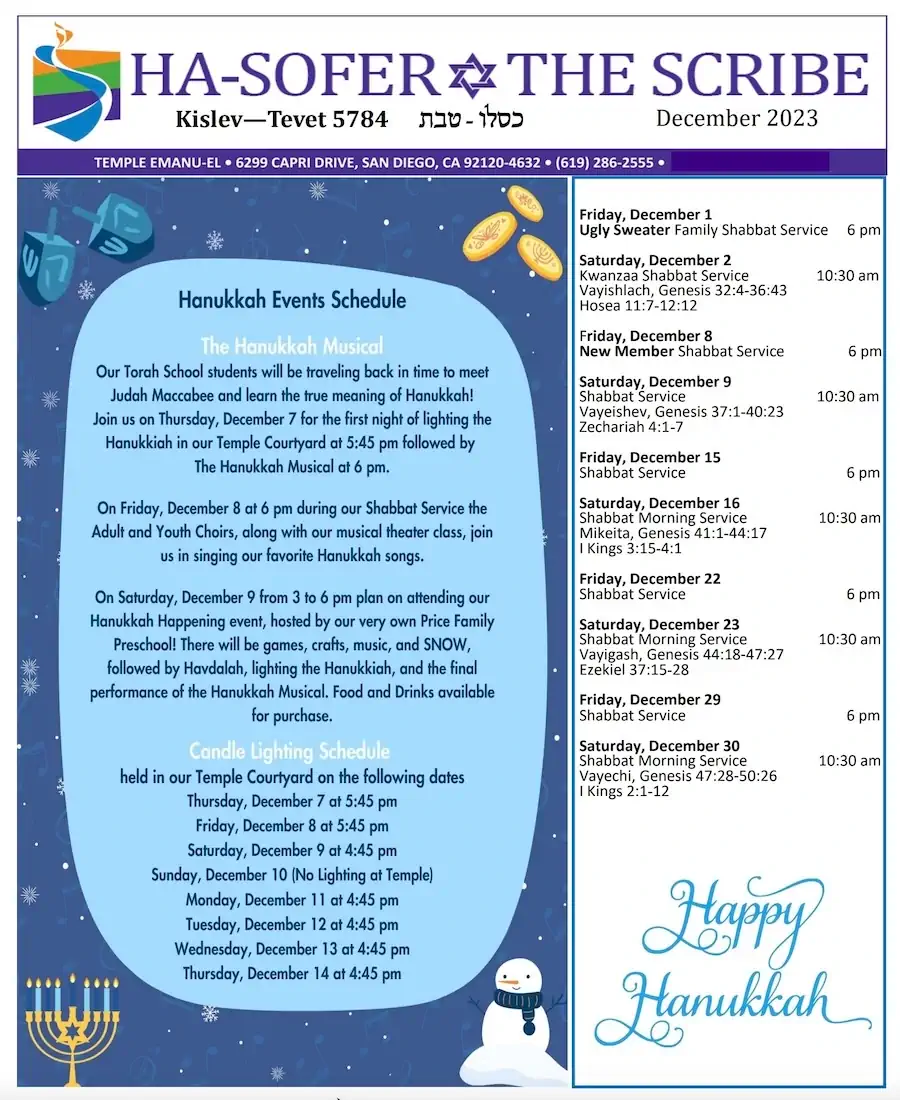
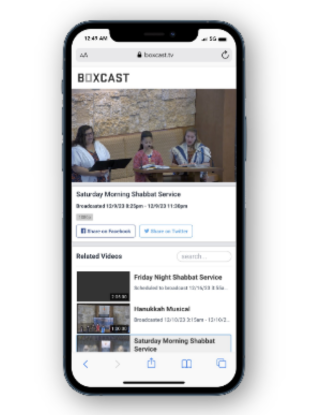
ON DEMAND STREAM
Services & Events
Stream live services or view past events on BoxCast TV.
6299 Capri Drive, San Diego, CA
(619) 286-2555
temple@teesd.org
